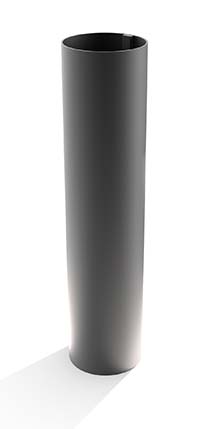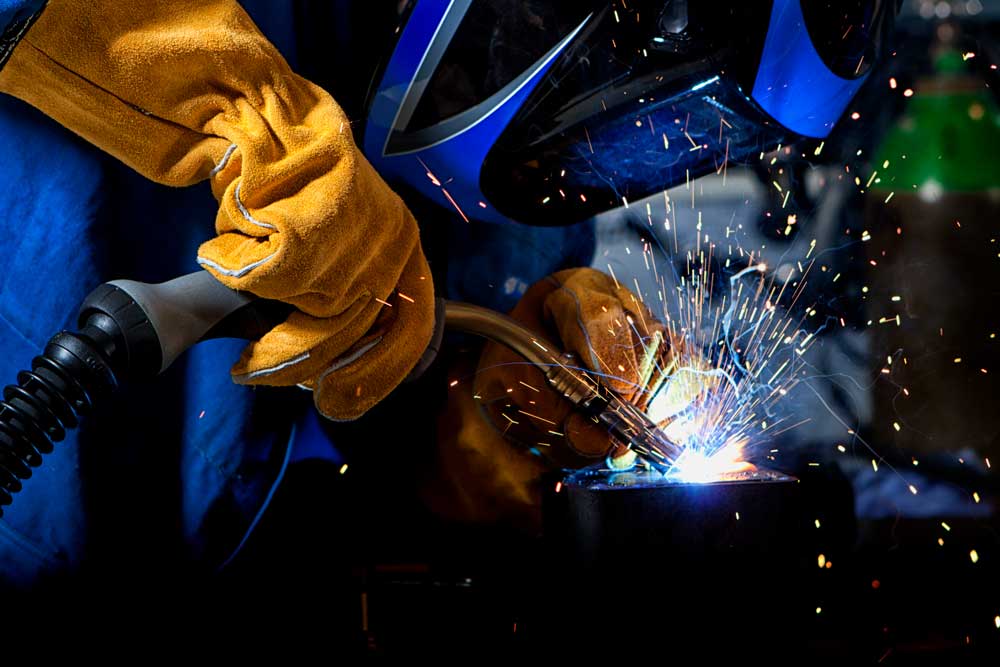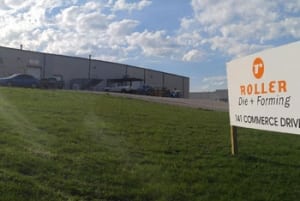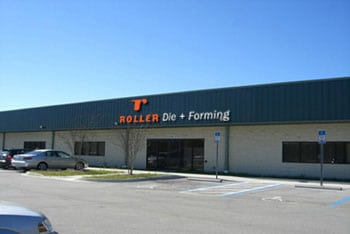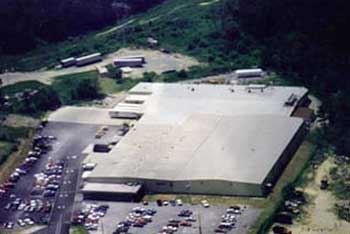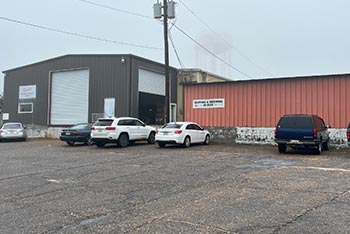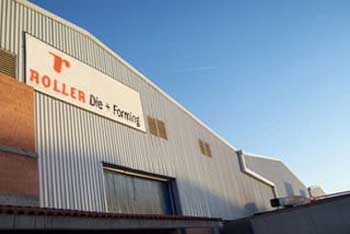Material selection is a critical factor in the success of any manufacturing project, and this is especially true in the roll forming process. The choice of material can significantly impact the performance, functionality, and cost of the final product, making it essential for manufacturers to carefully evaluate their options in this regard. At Roller Die + Forming, a premier supplier of high-quality, competitively priced custom roll-formed products, we assist our customers with the material selection process, taking into account the unique requirements and demands of their respective industries and applications.
Two of the most popular materials for roll forming are steel and aluminum, each offering distinct advantages and characteristics that make them suitable for a wide range of applications. In this article, we will delve into the properties, benefits, and considerations associated with these two metals, focusing on the differences between steel and aluminum in the roll forming process.
Physical Properties of Steel and Aluminum
An understanding of the physical properties of steel and aluminum is pivotal in determining which material will best suit a specific roll forming project. These properties play a significant role in evaluating the performance and functionality of the final product.
- Strength: Generally, steel offers higher tensile strength than aluminum, making it more suitable for applications that prioritize strength and durability. However, aluminum’s lower strength can be advantageous in applications where flexibility is more important, such as panels and enclosures.
- Weight: Aluminum is significantly lighter than steel, with roughly one-third of its density. This makes it an ideal choice for applications where maintaining a low weight is crucial, such as automotive and aerospace components.
- Corrosion Resistance: Aluminum naturally forms a protective oxide layer, granting it enhanced resistance to corrosion compared to steel. However, steel can be treated with coatings or galvanization to improve its corrosion resistance.
- Thermal Conductivity: Aluminum displays higher thermal conductivity than steel, making it an excellent choice for heat exchange applications.
Factors Influencing Material Selection
Several factors must be taken into account when selecting the appropriate material for a roll forming project. A thorough evaluation of these factors is crucial to making informed, cost-effective decisions.
- Strength Requirements: Consider the required strength of the final product and its application, keeping in mind the respective strengths of steel and aluminum, as well as the potential for material weight reduction.
- Corrosion Resistance: Depending on the environment in which the roll-formed product will be used, evaluate the importance of corrosion resistance and whether protective coatings for steel, additional powder coating, or the natural corrosion resistance of aluminum will suffice.
- Cost: Analyze the cost of materials, processing, and fabrication to achieve an accurate understanding of the overall cost associated with selecting steel or aluminum for a particular project.
Applications of Steel and Aluminum in the Roll Forming Process
Both steel and aluminum are used extensively in the roll forming process, serving diverse industries and applications. Understanding the specific advantages of each material in these applications is crucial for informed material selection.
- Automotive Industry: Steel is traditionally used for automotive body structures and other components requiring high strength and durability. However, the industry has increasingly turned to aluminum in recent years to reduce vehicle weight and boost fuel efficiency.
- Construction Industry: Steel is often chosen for structural components and load-bearing elements due to its strength and durability. Aluminum, on the other hand, is commonly used for decorative elements, panels, and enclosures where corrosion resistance and lightweight qualities are more important.
- Renewable Energy Industry: Steel’s strength and durability make it a popular choice for various renewable energy applications, including support structures. Aluminum’s light weight and corrosion resistance make it ideal for solar mounting systems.
- Retail Fixtures and Displays: Both steel and aluminum find uses in retail fixtures and displays, with steel components offering strength and durability for heavy-duty applications and aluminum providing a lightweight, sleek appearance for versatile display options.
Roller Die + Forming’s Expertise in Material Selection
At Roller Die + Forming, we understand the importance of material selection in the roll forming process and provide expert suggestions to our customers in making these critical decisions.
- Technical Consultation: Our experienced team collaborates closely with customers, offering technical engineering consultations and material recommendations tailored to specific project requirements.
- Custom Roll Forming: Our advanced roll forming capabilities accommodate both steel and aluminum, allowing us to deliver high-quality custom profiles for a diverse range of applications and industries.
- Fabrication Services: Roller Die + Forming also offers secondary fabrication services to further tailor our roll-formed products, ensuring that they meet specific strength, corrosion resistance, cost, and sustainability requirements.
The choice between steel and aluminum in the roll forming process is a critical decision that directly impacts the performance, cost, and success of a given project. By considering the physical properties, factors influencing material selection, and relevant applications, businesses can make informed decisions that align with their unique requirements. Roller Die + Forming’s commitment to providing expert guidance, custom roll forming capabilities, and fabrication services ensures that customers receive the optimal roll-formed solutions for their specific needs, fostering trust and driving success.

